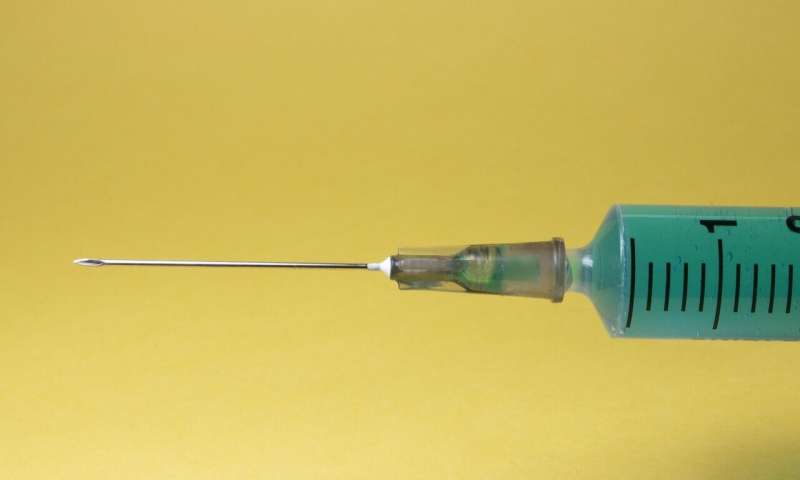Understanding the Connection Between Major Depression and Alzheimer’s Disease

Recent research uncovers biological mechanisms linking major depression to increased risk of Alzheimer's disease, offering new avenues for prevention and early intervention.
More than 7 million people in the United States are affected by Alzheimer's disease and related dementias (ADRD). While certain risk factors like genetics are beyond control, others, such as depression, can be managed to reduce risk. Research indicates that between 11.1% and 14.7% of ADRD cases—approximately 1 million individuals in the U.S.—are linked to major depressive disorder (MDD).
Recent studies by researchers at the UConn Center on Aging have shed light on the biological mechanisms connecting depression to Alzheimer’s disease, providing valuable insights for prevention and treatment strategies. Dr. Breno Diniz, an associate professor of psychiatry at UConn, emphasizes that depression is a significant and potentially preventable risk factor for Alzheimer’s, but the reasons behind this link remained unclear until now.
Published in Nature Mental Health, the latest research by Diniz and his team highlights two critical biological factors: proteostasis, which involves how the body synthesizes and processes proteins, and the dysregulation of inflammatory responses. The research points out that depression can lead to subtle but long-lasting effects on these processes, ultimately increasing the likelihood of neurodegenerative diseases.
The study identified specific protein markers that are associated with an increased risk of ADRD across individuals with and without depression. Notably, in patients with MDD, there was a distinct disruption in proteostasis that heightened neuroinflammation—an inflammation within the brain—thus raising the risk of dementia.
Based on these findings, researchers developed a Proteomic Risk Score, a tool that assesses the likelihood of developing ADRD based on multiple protein indicators. This innovative approach proved to be a superior predictor of dementia risk compared to traditional models, offering a promising avenue for early detection and preventative interventions.
The research utilized proteomic and genomic data from the UK Biobank, focusing on middle-aged adults with depression. Combining proteomics—study of proteins—and genomics—the study of DNA—via proteogenomics, the team gained a deeper understanding of the complex biological changes that occur over time and how they influence disease progression.
This work underscores the importance of mental health, highlighting how untreated depression can have silent, long-term consequences on physical health, especially brain health. Dr. Diniz stresses the importance of seeking help for depression at any stage of life, noting that depressive episodes in early adulthood can also increase dementia risk later in life.
Addressing depression effectively through lifestyle changes like exercise and smoking cessation not only alleviates mental health symptoms but also contributes to broader health benefits. As research advances, tools like the Proteomic Risk Score empower healthcare providers and individuals to adopt a more holistic approach to health, potentially preventing or delaying the onset of Alzheimer’s disease.
In conclusion, understanding the biological links between depression and Alzheimer’s opens new pathways for early intervention, emphasizing the significance of mental health care in overall aging and disease prevention strategies.
Stay Updated with Mia's Feed
Get the latest health & wellness insights delivered straight to your inbox.
Related Articles
Study Links Maternal Asthma to Risks for Newborns
Research from the University of Alberta links maternal asthma to increased risks of preterm birth, low birth weight, and cesarean sections, highlighting the importance of asthma management during pregnancy.
Balancing the Potential of Healthcare AI with Environmental Impact
A Cornell study introduces a framework to make healthcare AI more sustainable by reducing energy consumption and emissions, highlighting the importance of environmental considerations in health technology deployment.
Urban Heat Dome's Impact on Fetal Brain Development and Child Behavior
New research links urban heat dome exposure during pregnancy to hormonal changes and behavioral issues in children, highlighting the impact of climate and pollution on early development.
RFK Jr. Seeks Major Changes to the Vaccine Injury Compensation System Amid Legal and Scientific Challenges
Secretary RFK Jr. proposes major reforms to the vaccine injury compensation program, facing legal and scientific hurdles that could impact public health and vaccine safety. Learn about the potential changes and challenges ahead.



